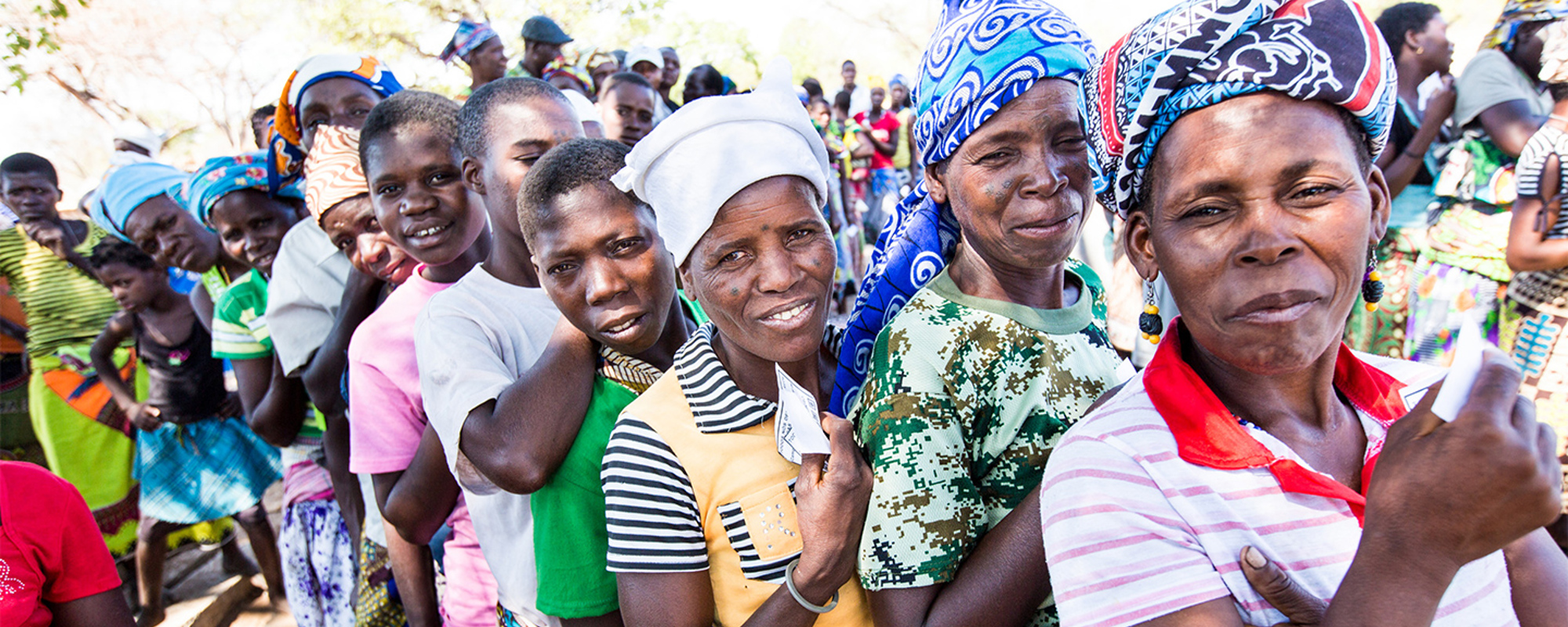

Advancing Gender Equality
The speed and magnitude of recent developments supporting gender equality has been quite remarkable. Barriers and discrimination that have been tolerated or overlooked for far too long are now being energetically challenged and overcome. Inspired by the courage of women who are speaking out, many people are confronting the status quo and changing it.
This year, International Women’s Day on 8 March is more than a commemoration of progress to achieve gender equality. It is a time to recognize and support the strong forces underway that are calling out discrimination and misconduct, and advancing social progress that affects all of us.
The Global Fund has made protecting and promoting human rights and gender equality a strategic pillar of our work, and we are acutely aware that gender inequality fuels the spread of epidemics. So even while we strive for continuous improvement in health programs that save lives, we must also look beyond medicines and mosquito nets.
Unequal social standing for women is especially pernicious when it comes to HIV. Harmful gender norms, discrimination, violence, limited access to education and a lack of tailored services inhibit women’s and girls’ access to health care and fuel new infections. Every day, more than 1,000 teen girls and young women acquire HIV. In the hardest-hit countries, girls account for more than 80 percent of all new infections among adolescents. This is much more than a biomedical problem, and a purely medical response will not solve it.
This year, the Global Fund launched HER – HIV Epidemic Response – to marshal human and financial resources to enhance health services for adolescents, improve access to education and information, and ensure young people’s participation in designing and implementing programs meant to serve them. Ultimately, HER aims to reduce the number of new HIV infections among adolescent girls and young women significantly in 13 African countries over the next five years.
Already, we are humbled and heartened by the response to HER. Private sector partners have recognized the magnitude of the need – and the opportunity. Because we are talking not merely of infections averted. We are talking about potential unleashed. Africa is home to the largest youth population in the world. In a decade, these will be the continent’s doctors, professors, CEOs and presidents. When we tackle HIV through programs that improve access to education and health services, reduce gender-based violence and build social supports for adolescents, we are in fact contributing to more just and equal societies.
Change rarely happens at a steady pace, and often happens slower than we’d like. But what started last year with a few solo voices became a chorus – a roar – for equality and justice. Apathy, inertia and fear have been replaced with resolve, momentum and hope. The Global Fund and the broader global health community have a vital role to play in enacting that change, and seeing it made manifest in lives saved.







